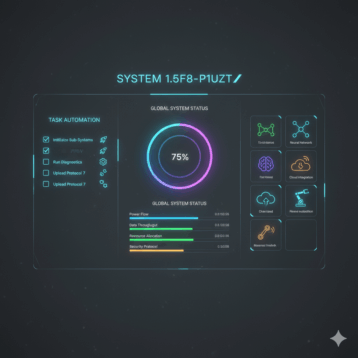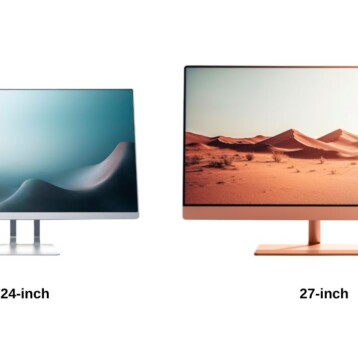|
Computer science post graduate student Hariharan Rahul and his associates designed KarDo to observe a user configuring an email account, opening a site in a new web browser, running virus protection, and similar IT tasks. The software maps the observed user interface actions to their underlying system tasks to understand the intent behind the series of clicks and data it sees. KarDo can then extrapolate to other applications that do the same thing as the originally observed software. For example, KarDo can watch a user open Internet Explorer and navigate to a website to download a software patch, then perform the same task using Firefox, Safari, or other browsers found on other individual computers needing the upgrade.
KarDo has been tested while performing basic IT tasks on laptops and desktops at MIT with an 82% success rate. The failures have been benign, causing no serious harm to the software or data on the computers where the tasks were unsuccessful. The KarDo scientists are working on improving the success rate of their software and hope to eventually automate many standard IT tasks at MIT and in the wider world. To that end, KarDo is planning to launch as a commercial product by the end of 2010. KarDo took its first step in the commercialization process by participating in the 2010 MIT $100K Business Plan competition where it was judged the finalist in the Web/IT track.
TFOT has previously reported on self-repairing software that automates locating and fixing certain types of bugs as soon as they’re discovered, as well as on other MIT $100K Business Plan competition winners including Cambridge Eyenovations (contact lenses that dispense medication) and Covalent Solar (organic solar concentrators that can replace windows or skylights).
Read more about KarDo and its participation in the MIT $100K Business Plan competition at its official MIT project site.











